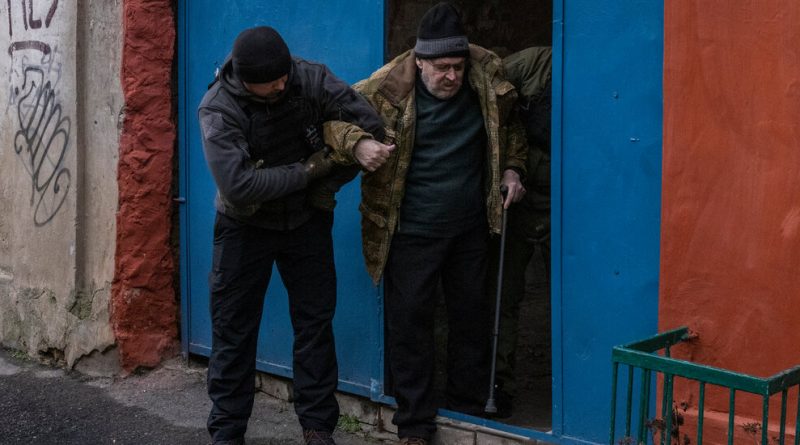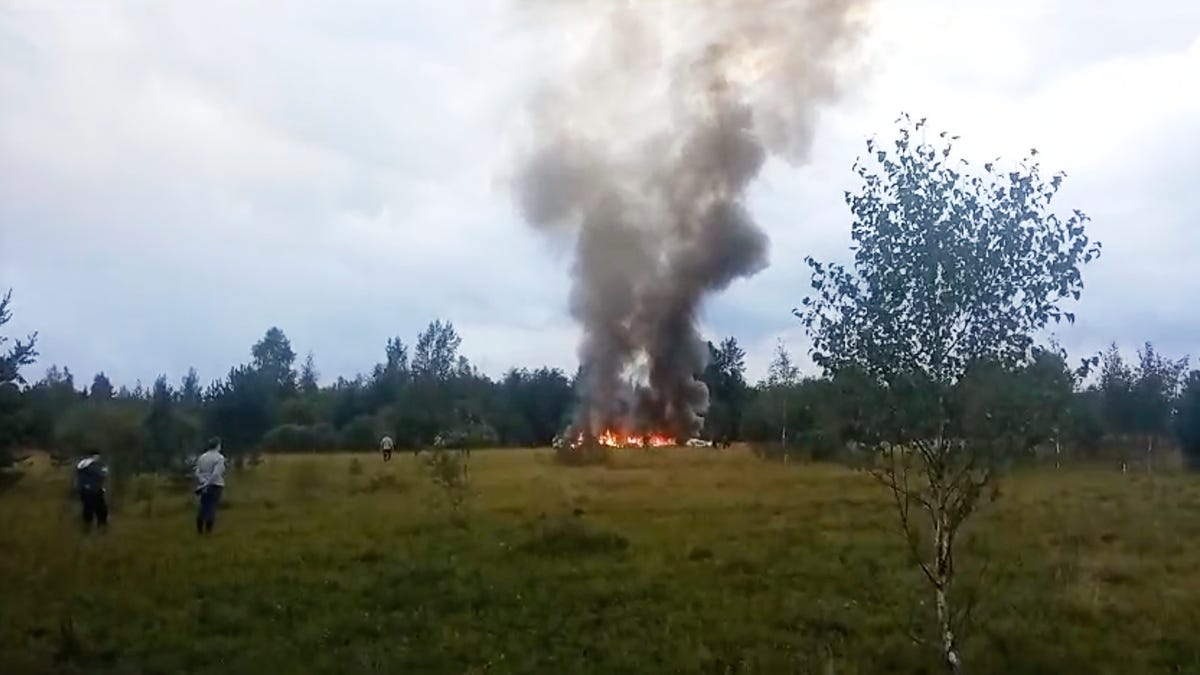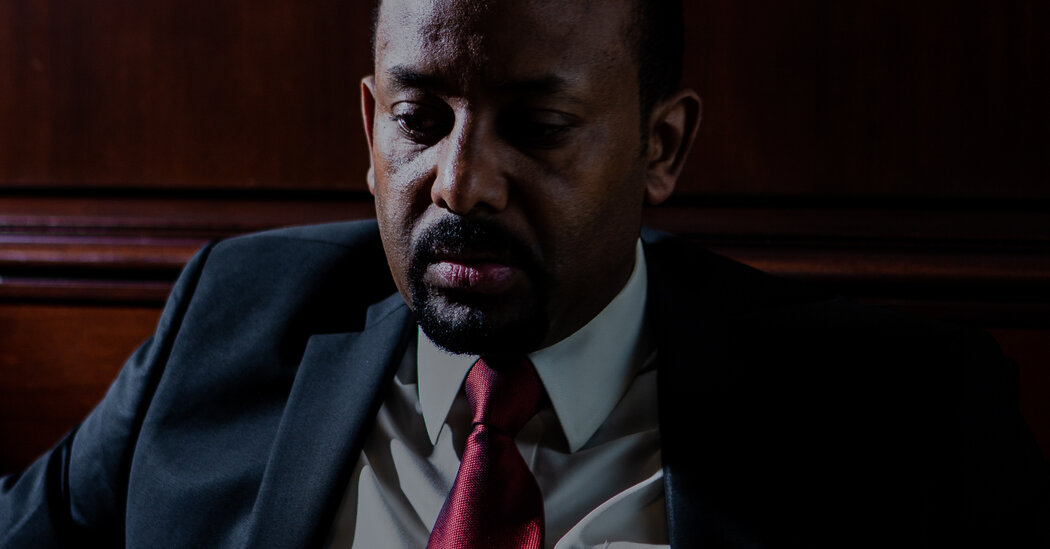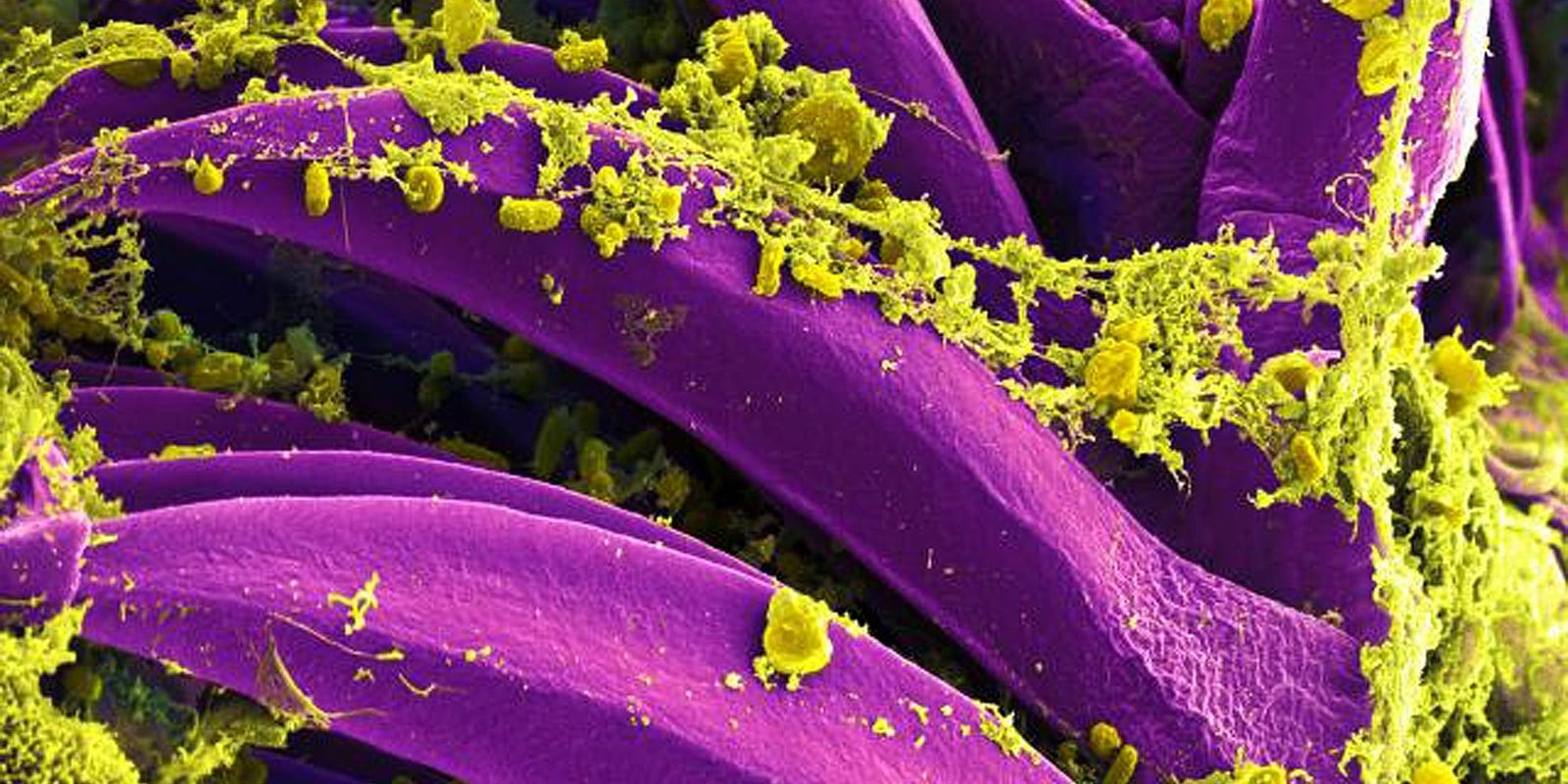Russia-Ukraine War: U.S. Package of $2.2 Billion in Ukraine Aid Includes New Guided Weapon
BRUSSELS — European Union leaders visiting Kyiv on Friday offered financial help and lasting support to Ukraine as it tries to defeat Russia’s invading army, but they stopped far short of granting Kyiv its key goal of accelerated membership in the bloc.
President Volodymyr Zelensky of Ukraine met with the European Commission president, Ursula von der Leyen, and the European Council president, Charles Michel, with an aim of extracting commitments to let Ukraine soon join the bloc’s 27 member nations, which represent about 450 million people.
Mr. Zelensky has said he expected E.U. nations to recognize Ukraine’s progress toward membership and touted overhauls designed to cement support. “Our goal is absolutely clear: to start negotiations on Ukraine’s membership in the European Union this year,” Mr. Zelensky told the news media in Kyiv.
But the path to membership is typically a protracted one and the bloc is far from ready to accept Ukraine — a country that will need billions in additional aid to rebuild after the war — into its ranks.
For officials in Brussels that presents a dilemma: how to encourage Ukraine to continue making changes to meet the E.U.’s high standards for governments without making promises they are not prepared to keep.
The European leaders walked a careful line on Friday, validating Ukraine’s aspirations but gently applying the brakes on talk of fast-track accession.
“The accession process is a merit-based process,” Ms. von der Leyen, a staunch supporter of Ukraine’s E.U. bid, said. “In other words, there are no rigid timelines. But there are goals that you have to reach reforms.”
“I must say I’m deeply impressed,” she said, addressing Mr. Zelensky. “I want to commend you for the preciseness, the quality and the speed at which you deliver. This is phenomenal.”
Mr. Michel noted to Mr. Zelensky that to proceed with accession talks all E.U. members have to agree unanimously. It was just one reminder that the bloc is not prepared to cut corners.
A joint E.U.-Ukraine statement released after the meetings in Kyiv said that Ukraine had made efforts toward its bid to join the bloc, and that the European Commission would offer an update in the spring.
In the past few days, the Ukrainian authorities have conducted raids and fired officials in a ramped-up effort to illustrate a commitment to fighting corruption — an area of concern for Western allies pouring weapons and financial aid into the country. Ukraine stands to receive hundreds of billions of dollars from the European Union and other allies, including the United States, for reconstruction, and wants to show that the funds will not be lost to corruption.
Under pressure from public opinion and the United States to illustrate the bloc’s long-term commitment to Ukraine, E.U. leaders agreed to grant the country, as well as Moldova, candidate status in June. But Ms. von der Leyen and Mr. Michel have no authorization from the 27 E.U. members to make promises to Mr. Zelensky or to imply that they will bend the bloc’s stringent rules to let Ukraine in faster or with looser demands.
E.U. membership would give Ukraine access to the world’s richest group of countries and biggest free-trade area. It would also permanently tie the country to its European neighbors, extending a nonmilitary but crucial shield against Russia’s aggression.
President Vladimir V. Putin of Russia considers Ukraine’s E.U. aspirations a provocation, casting them as aggression against Russia.
The E.U. accession process typically takes a decade or longer and requires deep changes aimed at aligning with the rest of the bloc. Issues for many countries include economic overhauls, safeguarding judicial independence and a free press, ensuring a competitive democratic political system, and fighting corruption.
With a population of more than 40 million, Ukraine would likely become the bloc’s fourth-largest member upon entry, after Germany, France and Italy. That would shift the bloc’s center of gravity further east and recast its decision-making processes. It would soak up huge amounts of shared funding, turning even some of the bloc’s poorer members into donors to Ukraine.
Andrew E. Kramer contributed reporting from Kyiv, Ukraine.
Sahred From Source link World News



